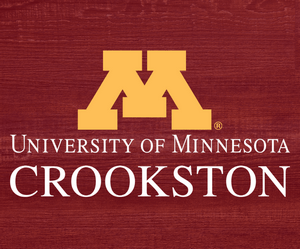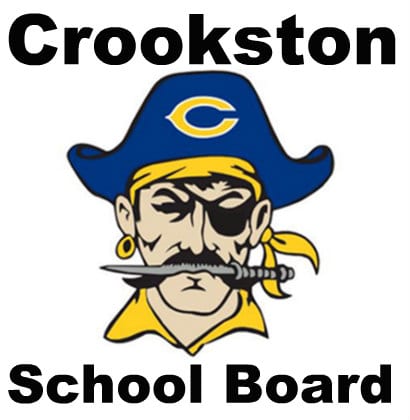The University of Minnesota Board of Regents voted Friday to open all five campuses for the fall semester. Students will have the ability to take classes across various modes from fully in-person to full distance learning based on their unique needs. Residence halls, dining facilities, and other campus services will also be available in line with public health guidelines.
Regent Steven Sviggum said he believed the board action was hopeful and positive. “The Board of Regents took, I thought, very hopeful and positive action today opening up in-person classes for all five campuses for the University of Minnesota,” said Sviggum. “In Crookston, the best information I have is the date of August 25 will be the opening day for Crookston. In the Twin Cities and Rochester campuses, it will be September 8. I think that this is a really positive move forward so the students and parents can do planning. It’s kind of a message of hope and confidence as opposed to anxiety.”
Sviggum said the resolution includes offering classes in different modalities to take care of people that might be more at risk and to transition back to full online after Thanksgiving to complete the semester. “Included in the resolution will be a recognition of the different modalities that might be necessary to take care of persons that might be in more risky situations,” said Sviggum. “We certainly will have a different type of in-person teaching within classes as each class may have different modalities. The plan is to open this fall and go on-campus in-person through Thanksgiving. And then, continue in an alternative format online after Thanksgiving through the end of the semester. I think that is a wise thing. It reduces the back and forth of the students, faculty, and staff going home during the holiday season and coming back again with the potential of transmitting any virus there might be.”
Besides different options for classes, the system will have a team responsible for ensuring the university is following guidelines related to COVID-19 explained Sviggum. “There will be a potential mix, a portfolio of modalities if you will, including in-person, fully-distanced, a hybrid or others that might come forward,” said Sviggum. “We want to accommodate individuals of greater risk from complications of COVID-19. Understand that we are looking at making sure we take care of all health guidelines the experts have given us. That could be anything from social distancing in the classrooms to the dormitories on campus to wearing a mask. That has not been mandated or determined but all those things from the health care professionals will be considered and subject to the guidance of these health experts.”
Another aspect of the action is each campus will decide how they operate in coordination with the health team put together on the Twin Cities Campus said Sviggum. “There will certainly be some individual decisions made from campus to campus within our five-campus system,” said Sviggum. “But I would guess most of the health experts, Dr. Michael Osterholm, Jakub Tolar probably reside within the Minneapolis campus. I’m sure their advice will be followed by the campuses throughout the state understanding that there will be local campus-specific alternatives or options available in the flexibility we’re bringing forward.”
UMC Vice-Chancellor John Hoffman said only changes to the academic calendar for the campus will be the removal of a professional development day and that the final two weeks of the semester will be online. “August 25 will be our start date, and that was our originally scheduled start date,” said Hoffman. “October 23 was a day we’d allocated for a professional development day, a three-day weekend with no classes. We are going to drop that and hold class on October 23. Our goal is to minimize the degree of travel home and back by students and other members of our community because we know that is a place where the spread of COVID-19 can be increased. Then, following thanksgiving, campus will remain open, but classes will move online for a week of instruction and a week of finals.”
UMC might be the most prepared campus in the system for online or hybrid instruction given its 20 years of offering online degrees. Hoffman said staff a prepared to offer hybrid models to students while the core of on-campus classes will feature in-person instruction. “We’re well positioned for this because we’ve been doing online instruction for over 20 years,” said Hoffman. “Our faculty are relatively well-prepared, so those on-campus classes will be using hybrid delivery models. So, there will be some element of an online experience, but the core will continue to be on-campus, in-person instruction.”




